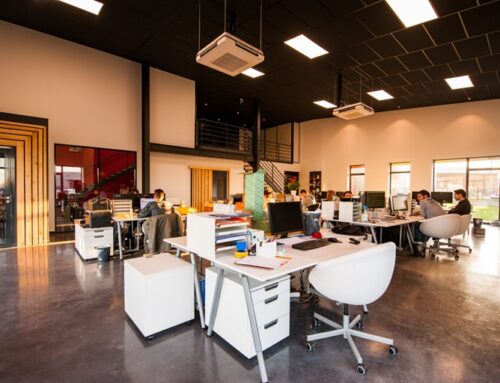In today’s dynamic working landscape, green is more than just a trend: it has become a real requirement. Companies, increasingly aware of their impact on the environment, are constantly looking for talent with a green soul. Skills related to energy saving and environmental sustainability have become crucial.

Key elements include expertise in environmental science and technology, awareness of global environmental challenges and the ability to devise sustainable solutions, combined with effective communication.
Professions such as civil, electronics and telecommunications engineering, construction site management, occupational safety, energy, and mechanical engineering are just some of the areas where green skills are particularly sought. And it is not just a question of specialists: figures such as plumbers and chefs are also experiencing a growing demand for green skills.
The importance of these skills is most pronounced among university and technical graduates, but also involves those with secondary education.
Key sectors such as construction, mechatronics, tourism, catering and business support services are all looking for green talent.
LinkedIn’s ‘Global Green Skills Report 2023’ highlights a significant fact: only one in eight of the world’s workers possess one or more green skills. This is a common phenomenon for cutting-edge skills required by the market, where there is often a large disparity between supply and demand, despite an increase in the training of such skills in the workforce. In fact, between 2022 and 2023, the proportion of workers with green skills increased by an average of 12.3 per cent, but at the same time supply grew at twice the rate of demand.
Job opportunities in the green sector are varied and interesting, involving specific professions, existing jobs with a green update and green support roles. From environmental engineers to sustainable chefs, via green building materials promoters and green accounting specialists, there is room for everyone who wants a more sustainable working future.
In academic institutions, we are witnessing an accelerated transition towards sustainability and digitalization in university education, ready to train a new wave of green professionals.
It is imperative to strengthen education systems, especially those dedicated to vocational training, to ensure dynamic support for both workers and companies. This implies revisiting and enhancing existing training programmes, implementing new standards of excellence, and adopting innovative mechanisms to recognize acquired skills and new professional figures in evolution.
“Modernity has failed. A new humanism must be built otherwise the planet will not be saved.”
(Albert Einstein)




